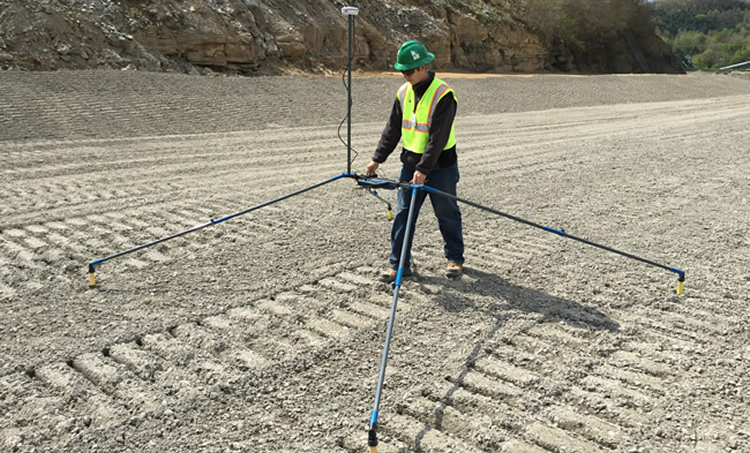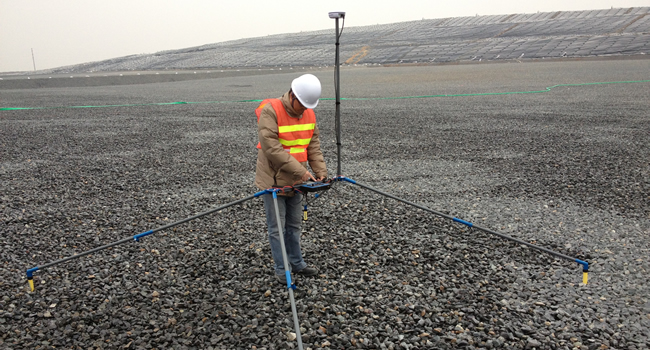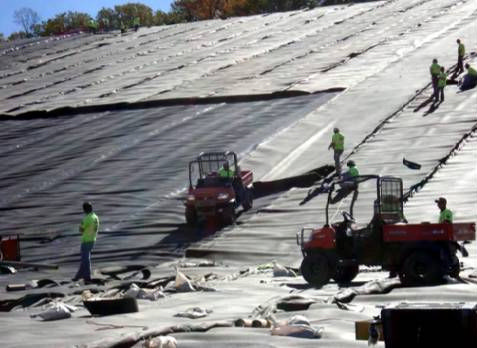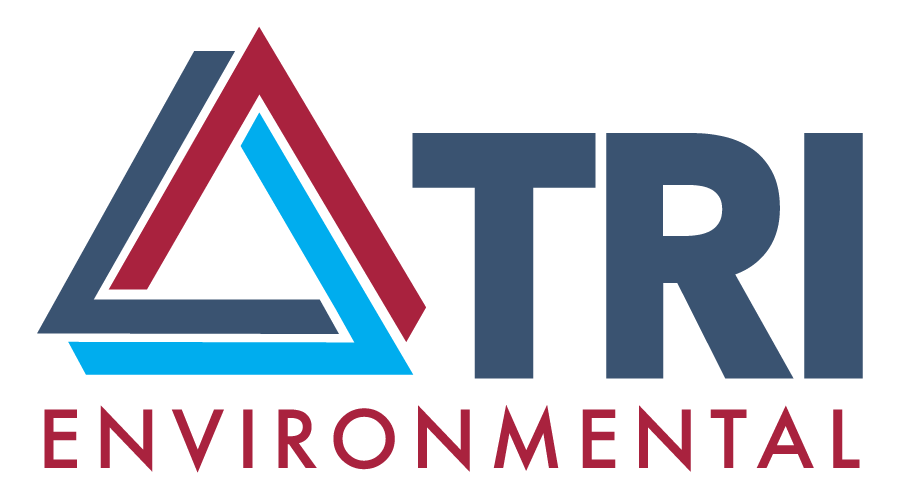TRI’s geosynthetics CQA Week Online training courses will be held 28 November – 2 December 2022. Register today and learn why new and experienced engineering professionals connected to landfill construction turn to TRI for this essential training.
CQA WEEK ONLINE SCHEDULE
- November 28: Liner Integrity Survey/Assessment (LISA)
- November 29 – 30: Construction QA/QC for Geosynthetic Installations
- December 1 – 2: Construction QA/QC for Compacted Clay Liner and GCL Installation
- December 2 (afternoon): GCI – ICP Exams
ALL CLASSES run from 8:00 am – 12:00 pm (CDT), except for the December 2 CQA class session, which will conclude early (~11:15 am) to give attendees time to transition to the GCI-ICP exams. THE EXAMS will be offered from 12:00 – 2:00 (Geosynthetics exam) and 2:30 – 4:30 pm (Compacted Clay Liner exam) on December 2.
All participants will be provided a certificate of course completion, suitable for use in proposals and statements of qualifications for CQC/CQA work.

COURSE DESCRIPTIONS
Click on the CQA Week Online course/exam box to see the description.
COST
SHORT COURSES
LISA Training
1 registrant/company $450.00/person
Save 5% on 2 or more registrations
Geosynthetics CQA Courses
Both courses, 1 registrant per company $725.00/person
Save 5% on 2 or more registrations
One course only, 1 registrant per company $500.00/person
Save 5% on 2 or more registrations! Discount applied at check out.
Both courses, government rate $500.00/person
Government special! Save 10% on 2 or more registrations.
One course only, government rate $300.00/person
Government special! Save 10% on 2 or more registrations.
GCI Exam
TRI fee for one applicant only per company $100.00/person*
Save $25 on additional GCI registrations
* All exam-interested students MUST REGISTER with the Geosynthetic Institute (GSI) and pay GSI’s certification fee before the test. TRI does NOT collect this fee. Contact GSI (+1 610 522 8440) for more information. The fee that TRI collects related to the exam is only for the proxy service.
LINER INTEGRITY SURVEY/ASSESSMENT (LISA) TRAINING
A Liner Integrity Survey (Electrical Leak Location) is a state-of-the-art, nondestructive method of locating leaks in installed geomembranes. LIS equipment, rooted in geophysical measurement techniques, tests exposed and soil or water-covered geomembranes. TRI’s training course disseminates the theoretical and practical knowledge required to employ and specify the quality of LIS methods and equipment.

CONSTRUCTION QA/QC FOR GEOSYNTHETIC INSTALLATIONS
This Construction QA/QC for Geosynthetic Installations course focuses on installation of geomembranes, geotextiles, geocomposites, geogrids, and geo-appurtenances. It includes demonstrations of geomembrane seaming and seam peel and shear testing. This course may be taken singly or as a package with the other course on Construction QA/QC for Compacted Clay Liner & GCL Installation. Each course presents material that complements the other. They are designed specifically for those who need a detailed understanding of proper CQC and CQA procedures at waste containment facilities.

Special emphasis will be given to establishing rationale and standard operating procedures for field inspections, documentation of test and visual observations, and implementation of CQA plans. A broad appreciation for the manufacture and installation of containment facility materials will be provided. Additionally, a tour of TRI’s Geosynthetic Testing and Research Laboratories will support class curriculum through test demonstrations, details on some TRI internal R&D projects, and discussion of other relevant topics. The courses provide ideal preparation for the Geosynthetic Certification Institute’s Inspectors Certification Program (GCI-ICP) exam.
Gain comprehensive understanding of:
- Preparing CQC/CQA plans
- Reviewing CQC/CQA plans
- Performing CQC/CQA observations and tests
- Reviewing field CQC/CQA procedures
CONSTRUCTION QA/QC FOR COMPACTED CLAY LINER & GCL INSTALLATION
This Construction QA/QC for Compacted Clay Liner & GCL Installation focuses on the installation of compacted clay and geosynthetic clay liners (GCLs). This course may be taken singly or as a package with the other course on Construction QA/QC for Geosynthetic Installations. Each course presents material that complements the other. They are designed specifically for those who need a detailed understanding of proper CQC and CQA procedures at waste containment facilities.
Special emphasis will be given to establishing rationale and standard operating procedures for field inspections, documentation of test and visual observations, and implementation of CQA plans. A broad appreciation for the manufacture and installation of containment facility materials will be provided. Additionally, a tour of TRI’s Geosynthetic Testing and Research Laboratories will support class curriculum through test demonstrations, details on some TRI internal R&D projects, and discussion of other relevant topics.
The courses provide ideal preparation for the Geosynthetic Certification Institute’s Inspectors Certification Program (GCI-ICP) exam.
Gain comprehensive understanding of:
- Preparing CQC/CQA plans
- Reviewing CQC/CQA plans
- Performing CQC/CQA observations and tests
- Reviewing field CQC/CQA procedures
GEOSYNTHETIC CERTIFICATION INSTITUTE – INSPECTORS CERTIFICATION PROGRAM (GCI-ICP) EXAM
CQA course students will be allowed to sit for the Geosynthetic Certification Institute-Inspectors Certification Program (GCI-ICP) exam on the afternoon of December 10. All exam-interested students MUST REGISTER with the Geosynthetic Institute (GSI) and pay GSI’s certification fee before the test. TRI does NOT collect this fee. Contact GSI (+1 610 522 8440) for more information. The fee that TRI collects related to the exam is only for the proxy service.
The GCI-ICP exam has two portions: Geosynthetics and Compacted Clay Liners. Students will be given two hours to take each test. One must answer correctly 70% of the questions on each exam in order to be gain certification in that area. Only one correct answer is possible for each question. The test is a multiple-choice test. Students must choose the correct answer (and only one answer) for each question.

